Truck scales are essential tools used to measure the weight and volume of trucks and their cargo. They are used in various industries, including agriculture, mining, waste management, construction, and transportation. Truck scales have been in use for over a century, with the first truck scale patented in 1916 by a French inventor named Georges Renault. Over the years, the technology has improved, and there are now different varieties of truck scales to suit different needs. Read More…
Our industrial scales will astound you with their high performance, and longevity! For over six decades we have been providing our customers with exceptional service and products in order to better serve a global market. Our products serve in many different markets including aerospace, automotive and marine as well as many others. Get in touch with us today to learn more about what we can do for...

Load Cell Central is a leading manufacturer of load cells and industrial weighing equipment. We specialize in standard and custom load cells and digital indicators, floor scales and platform scales. Choose from thousands of types and models. We offer load cell repair to help in the reduction of costs.

As a scale manufacturer, OHAUS is a worldwide leader in the production of industrial scales and balance scales. Our line of industrial scales includes electronic scales, bench scales and counting scales. Our mass measurement tools are helpful in the education of students for concepts in math & science. Contact us soon and we will deliver to you reliable results.
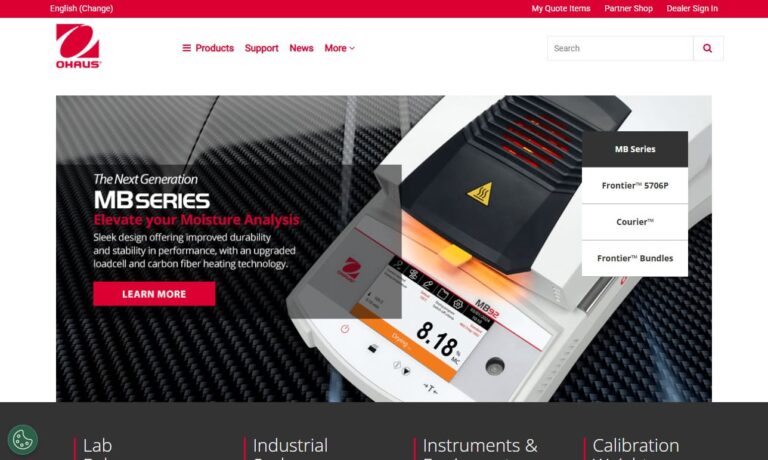
Mettler-Toledo’s industrial weighing solutions include accurate, robust WIM systems for high-volume, in-motion vehicle weighing. These systems offer proven reliability & ease of use for vehicle weight enforcement applications – more efficient & cost-effective than static axle or full-platform scales. Our broad range of industrial, food, retail, & lab scales & analytics serves so many...

Avery Weigh-Tronix, one of the world’s largest suppliers of weighing solutions, has developed equipment for the full spectrum of industrial scale uses such as counting scales, bench scales, check-weighing scales, baggage scales, cargo scales, lift truck scales and many more. Innovative global weighing solutions – that’s what Avery Weigh-Tronix is all about! ISO 9001 Certified.
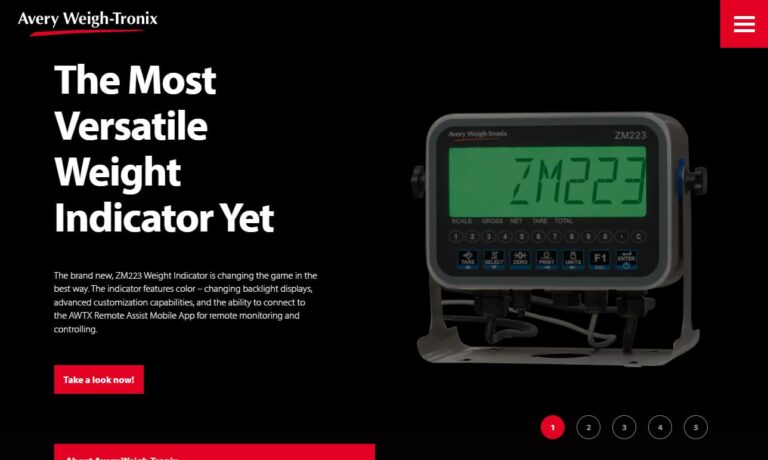
If you seek a digital scale, you are looking at the right company. Our selection from many name-brand scale manufacturers includes bench and floor scales; counting scales; electronic scales; freight and shipping scales; grain scales; hanging scales; industrial scales; pallet scales; postal scales. We have digital scales for any weighing application, and will match the price of any competitor for...

At Brecknell Scales, we are dedicated to delivering weighing solutions that combine accuracy, reliability, and ease of use. Our scales are designed to serve a wide range of industries, from manufacturing and logistics to food service and healthcare, ensuring that our customers can rely on precise measurements in their daily operations.

Cardinal/DETECTO is an ISO 9001:2008 registered company who designs, manufactures and markets weighing systems, load cells, weight indicators, remote displays, vehicle weight recording systems, and scales for all industries, including truck scales, weigh-in-motion highway scales, railroad scales, tank/hopper scales, livestock scales, bench scales, floor scales, counting scales, medical scales,...
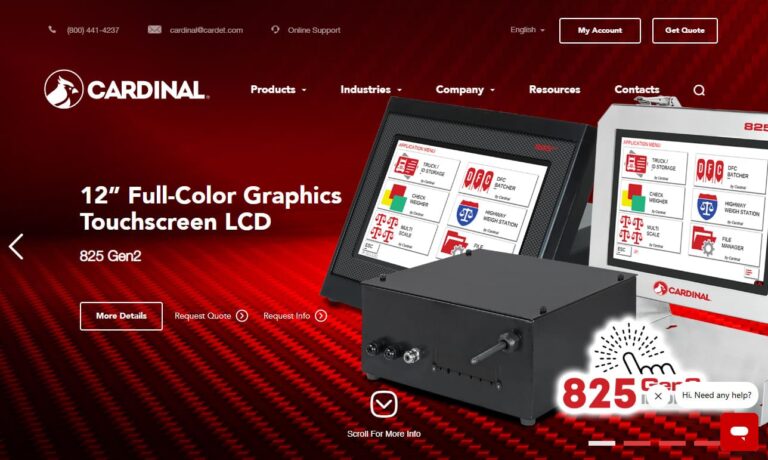
As a leading scale manufacturer, Setra Systems also designs and produces pressure and acceleration sensing equipment. Some industrial scale products include counting scales and laboratory balance scales. We also offer additional accessories like draftshields and dustcovers.

More Truck Scale Manufacturers

Varieties of Truck Scales
The most common types of truck scales are axle scales, portable scales, weighbridge scales, on-board truck scales, load volume scanner scales, and rail scales. Axle scales are portable and designed to weigh individual truck axles. Portable scales are lightweight and portable and can be set up quickly at different locations. Weighbridge scales are the most common and are used in fixed locations to weigh entire trucks. On-board truck scales are integrated into the truck's suspension system, while load volume scanner scales use laser technology to measure volume and calculate weight. Rail scales are used to weigh trains and their cargo.
Components of Truck Scales
Truck scales consist of various components, including load cells, indicators, weighbridges, software systems, and display screens. Load cells are the sensors that measure the weight of the truck, while indicators show the weight readings. Weighbridges are the foundation of weighbridge scales and are designed to withstand heavy loads. Software systems are used to store, retrieve and analyze data from the truck scales, while display screens provide visual feedback on the weight measurements.

Limitations and Negatives of Truck Scales
Truck scales have some limitations and negative aspects, including high maintenance costs, installation time and expenses, inaccurate readings due to external factors such as temperature and wind, and possible obstructions that can interfere with the measurements.
Rules and Regulations for Truck Scales
Truck scales are subject to state and federal regulations, including industry standards and guidelines, to ensure they provide accurate measurements and comply with safety requirements. Truck scales used in commercial trade must meet specific standards and undergo regular calibration to maintain their accuracy. There are several regulations that apply to truck scales. Here are some examples:
National Institute of Standards and Technology (NIST) Handbook 44: This handbook sets forth the specifications and tolerances for commercial weighing and measuring devices, including truck scales. It establishes the requirements for the accuracy and reliability of truck scales used in commercial trade.
National Conference on Weights and Measures (NCWM): The NCWM is an organization that develops and promotes uniform regulations, standards, and laws for weights and measures in the United States. They establish the standards and tolerances for truck scales, and their regulations are adopted by many states.
Occupational Safety and Health Administration (OSHA): OSHA is a federal agency that regulates workplace safety. They have regulations regarding the installation, maintenance, and use of truck scales to ensure they are operated safely and do not pose a risk to workers.
State Regulations: Each state has its own regulations regarding truck scales. For example, in California, the Department of Food and Agriculture regulates the installation, maintenance, and use of truck scales used in agriculture. In Texas, the Department of Agriculture regulates the use of truck scales in commercial transactions.
Compliance with these regulations is essential to ensure the accuracy and reliability of truck scales and to prevent errors or fraud in commercial transactions. Regular calibration and maintenance are also required to maintain the accuracy and reliability of the truck scales.
Benefits of Truck Scales
Truck scales provide several benefits, including improved safety, increased efficiency, compliance with regulations, accurate measurement of weight and volume, and enhanced inventory control. By accurately measuring the weight and volume of trucks and their cargo, companies can reduce costs, optimize their operations, and ensure compliance with regulations. In summary, truck scales play a crucial role in various industries by ensuring accurate weighing, compliance with regulations, and preventing safety hazards and damage to infrastructure.
Applications of Truck Scales
Truck scales play a critical role in various industries, including agriculture, mining, waste management, construction, transportation, logistics, warehousing, and recycling. Here's a detailed account of how truck scales pertain to each of these industries:
Agriculture
In the agriculture industry, truck scales are used to weigh various agricultural products such as fruits, vegetables, grains, and livestock. Accurate weighing is critical as it determines the quantity and value of products sold, purchased, or transported. Farmers and distributors also use truck scales to comply with regulatory requirements for accurate weighing, taxes, and fees.
Mining
In the mining industry, truck scales are used to weigh mining equipment, minerals, and waste materials. They are installed at mining sites to ensure accurate measurement of bulk materials and to prevent overloading of trucks, which can cause safety hazards and damage to the road network.
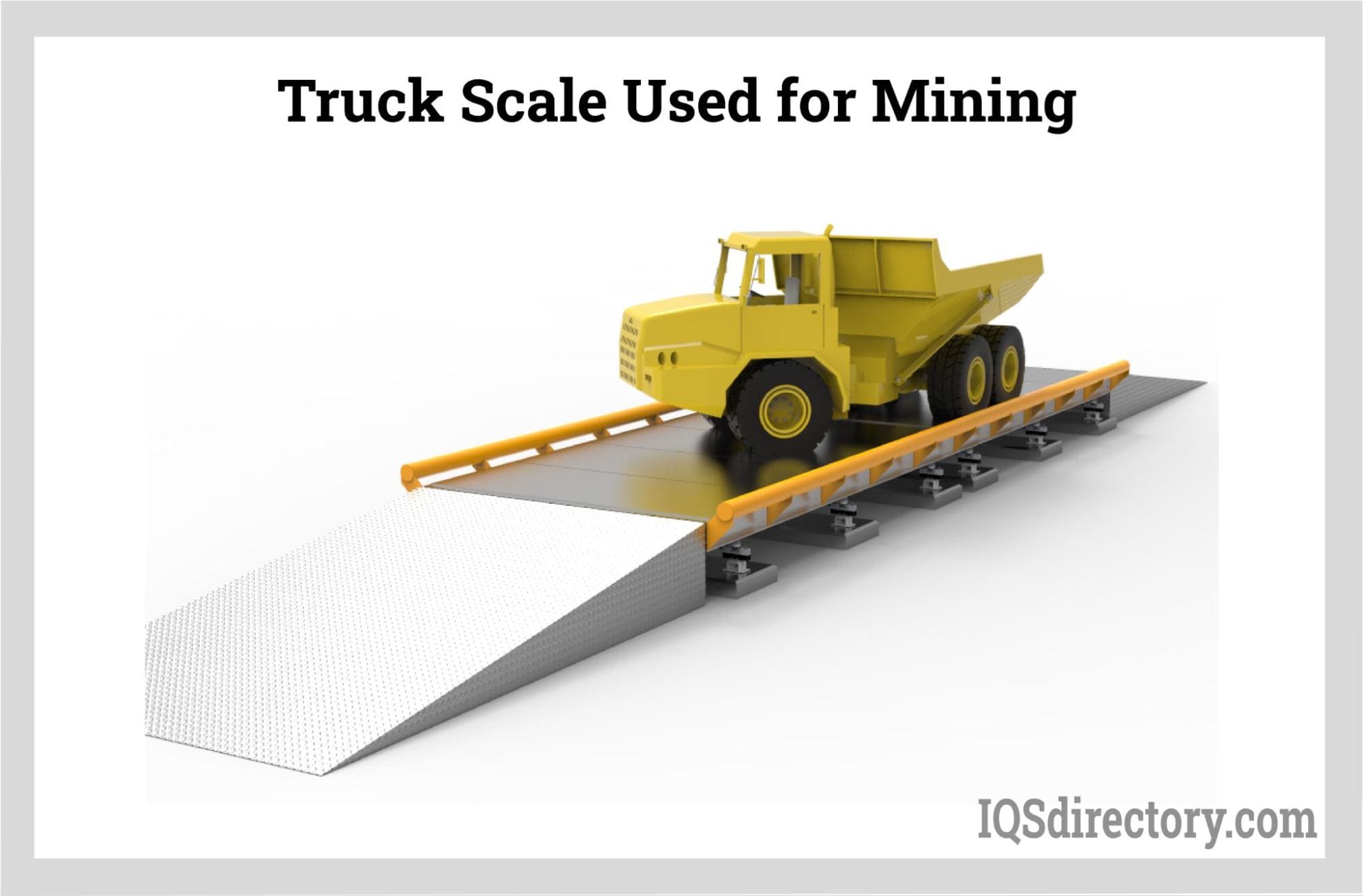
Waste Management
Truck scales are also used in waste management facilities to weigh garbage trucks and other vehicles carrying waste materials. They are used to ensure that the trucks are not overloaded, and to accurately measure the amount of waste collected for billing and reporting purposes.
Construction
In the construction industry, truck scales are used to weigh construction materials such as concrete, sand, gravel, and asphalt. The accurate measurement of these materials is critical to ensure that construction projects are completed within budget and meet regulatory requirements.
Transportation
Truck scales are also used in the transportation industry to weigh commercial trucks and other vehicles. They are installed at weigh stations, toll booths, and other locations to ensure that the vehicles comply with weight restrictions and regulations. Overloading of commercial vehicles can cause safety hazards and damage to infrastructure, so accurate weighing is essential.
Logistics
In the logistics industry, truck scales are used to weigh cargo and freight to ensure accurate billing and compliance with transportation regulations. They are also used to measure the weight of shipping containers and other large items before transportation.
Warehousing
Truck scales are used in warehousing facilities to weigh incoming and outgoing shipments. This ensures that the correct amount of goods is received or shipped, and that the warehouse inventory is accurate.
Recycling
Truck scales are used in recycling facilities to weigh incoming and outgoing materials, such as metal, paper, and plastic. Accurate weighing ensures that the materials are properly sorted, recycled, and accounted for.
Choosing the Correct Truck Scale Manufacturer
To ensure you have the most productive outcome when purchasing truck scales from a truck scale manufacturer, it is important to compare several companies using our directory of truck scale manufacturers. Each truck scale manufacturer has a business profile page highlighting their areas of experience and capabilities, along with a contact form to directly communicate with the manufacturer for more information or request a quote. Review each truck scale business website using our patented website previewer to quickly learn what each company specializes in. Then, use our simple RFQ form to contact multiple truck scale companies with the same form.

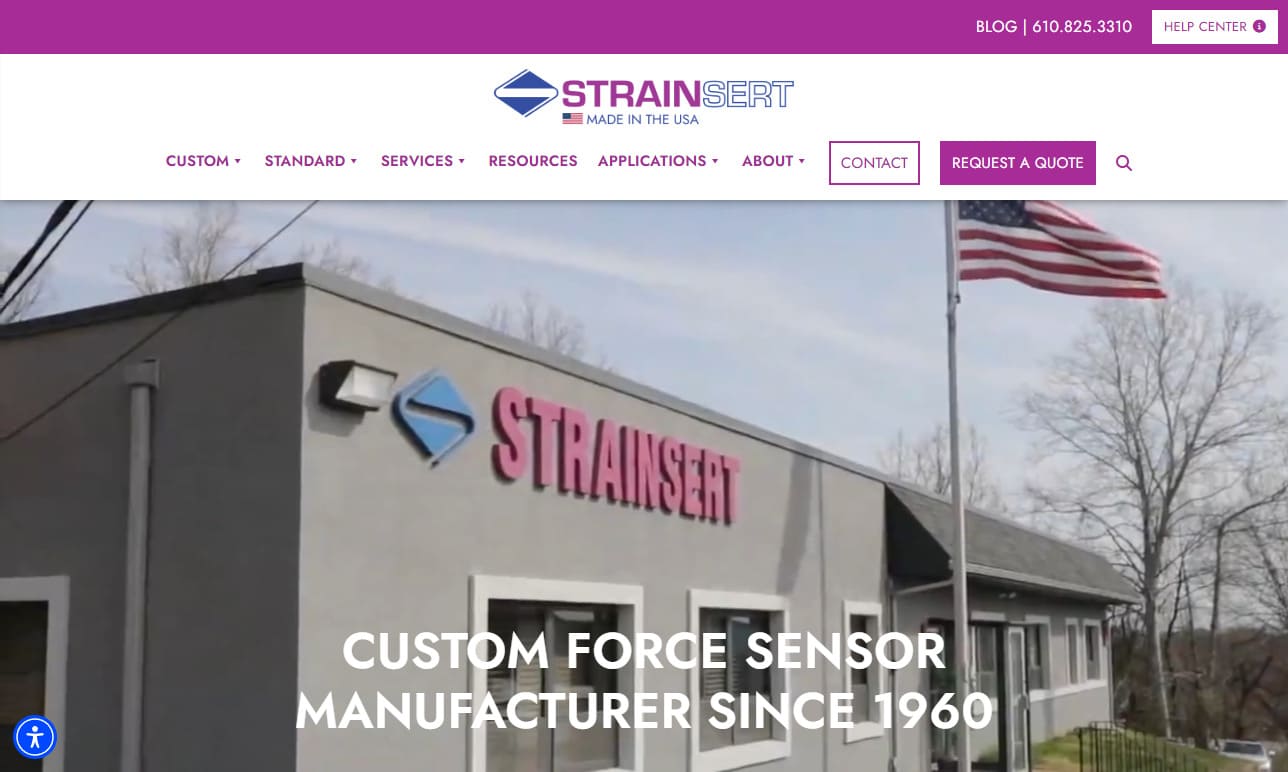

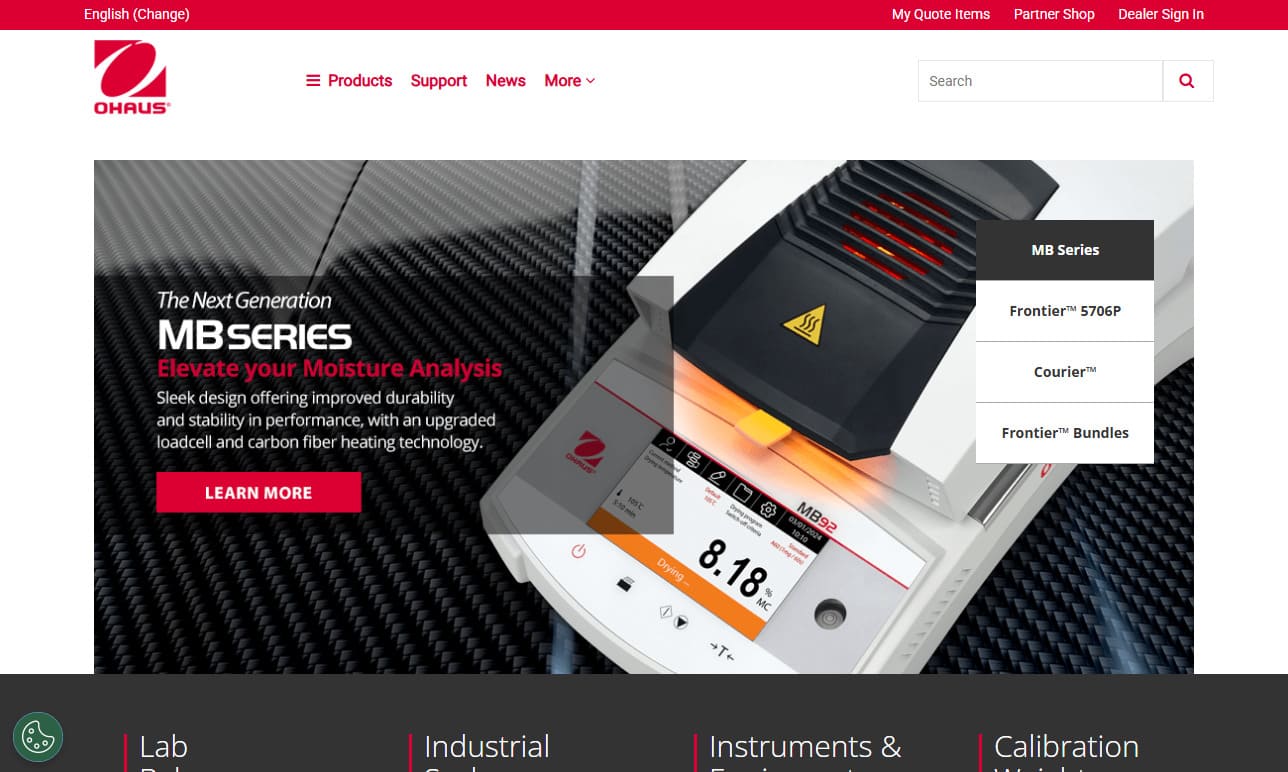

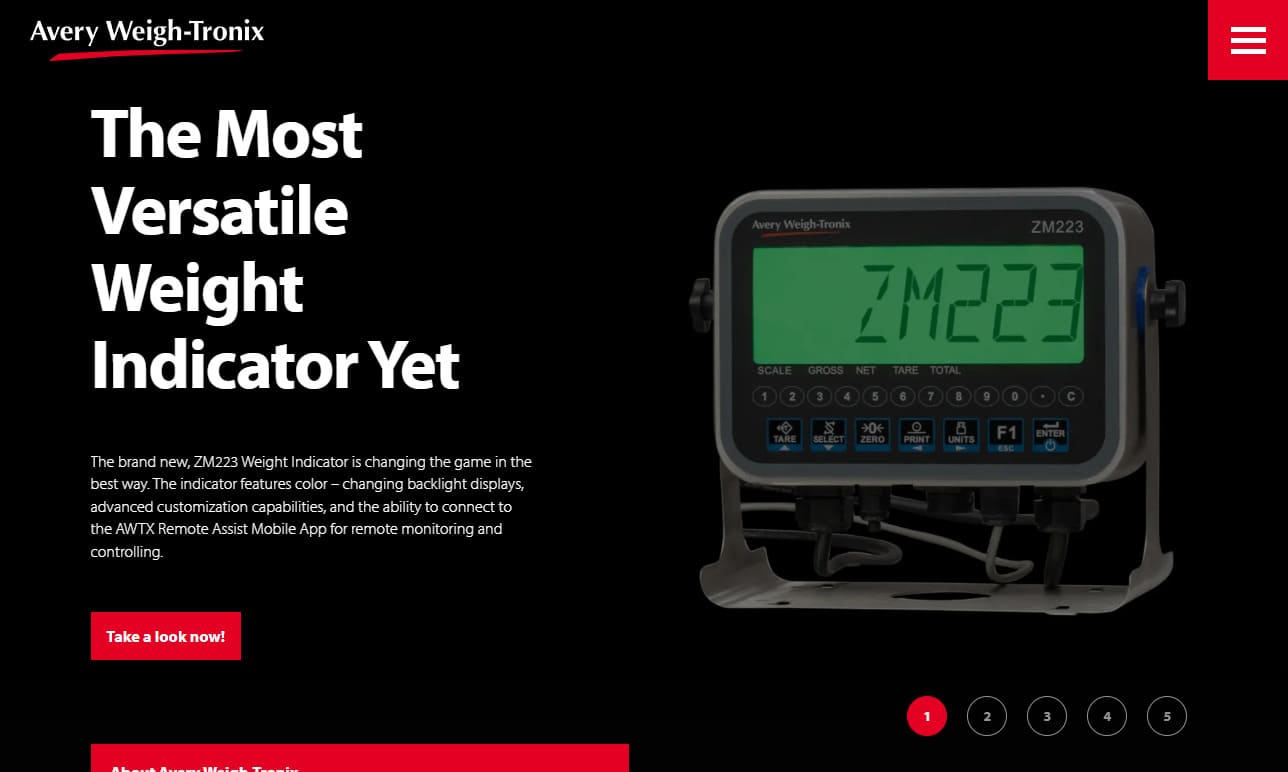


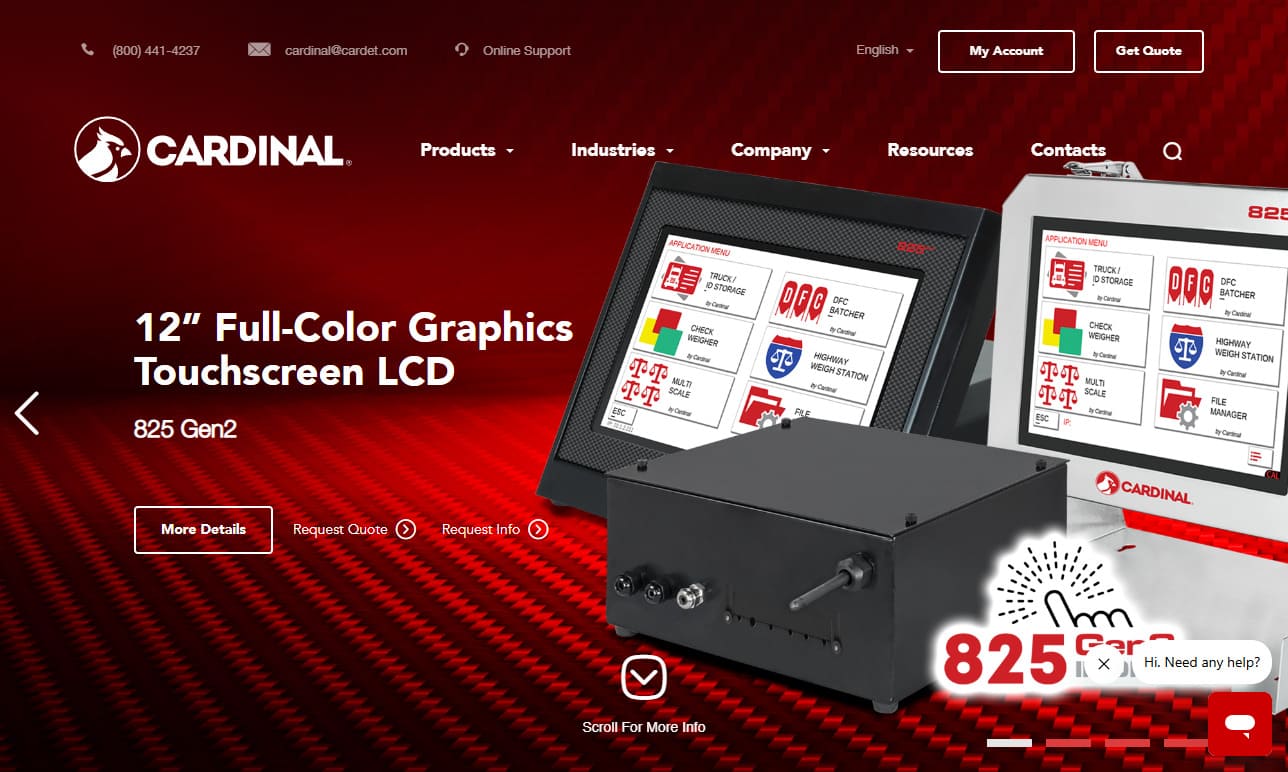
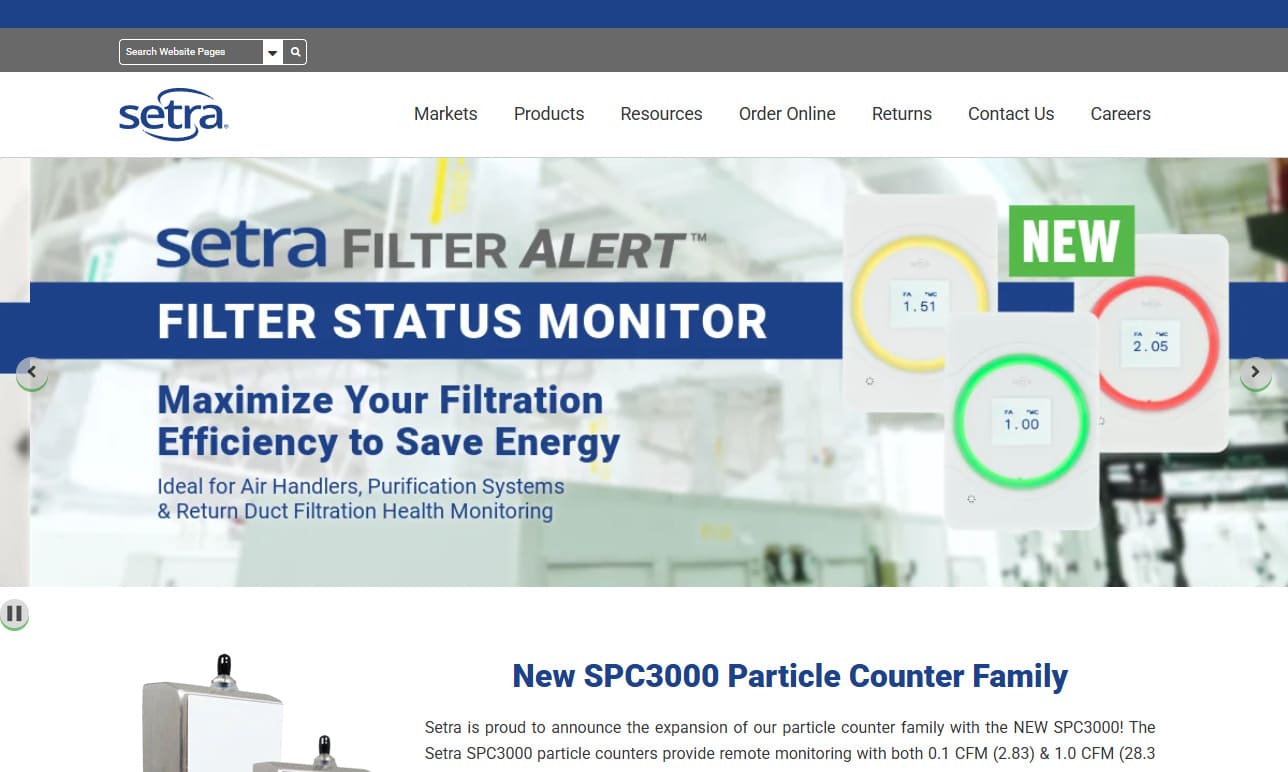
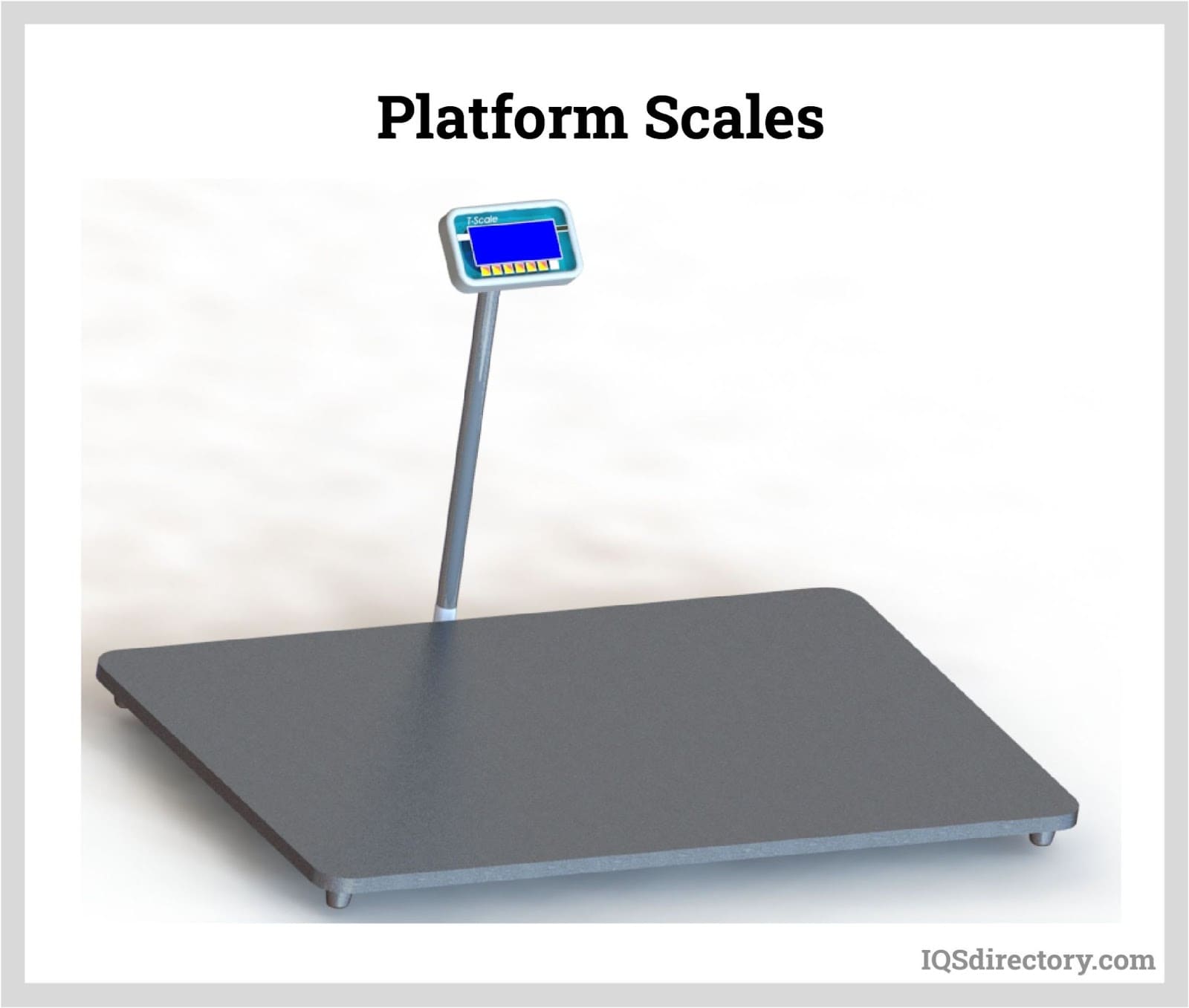
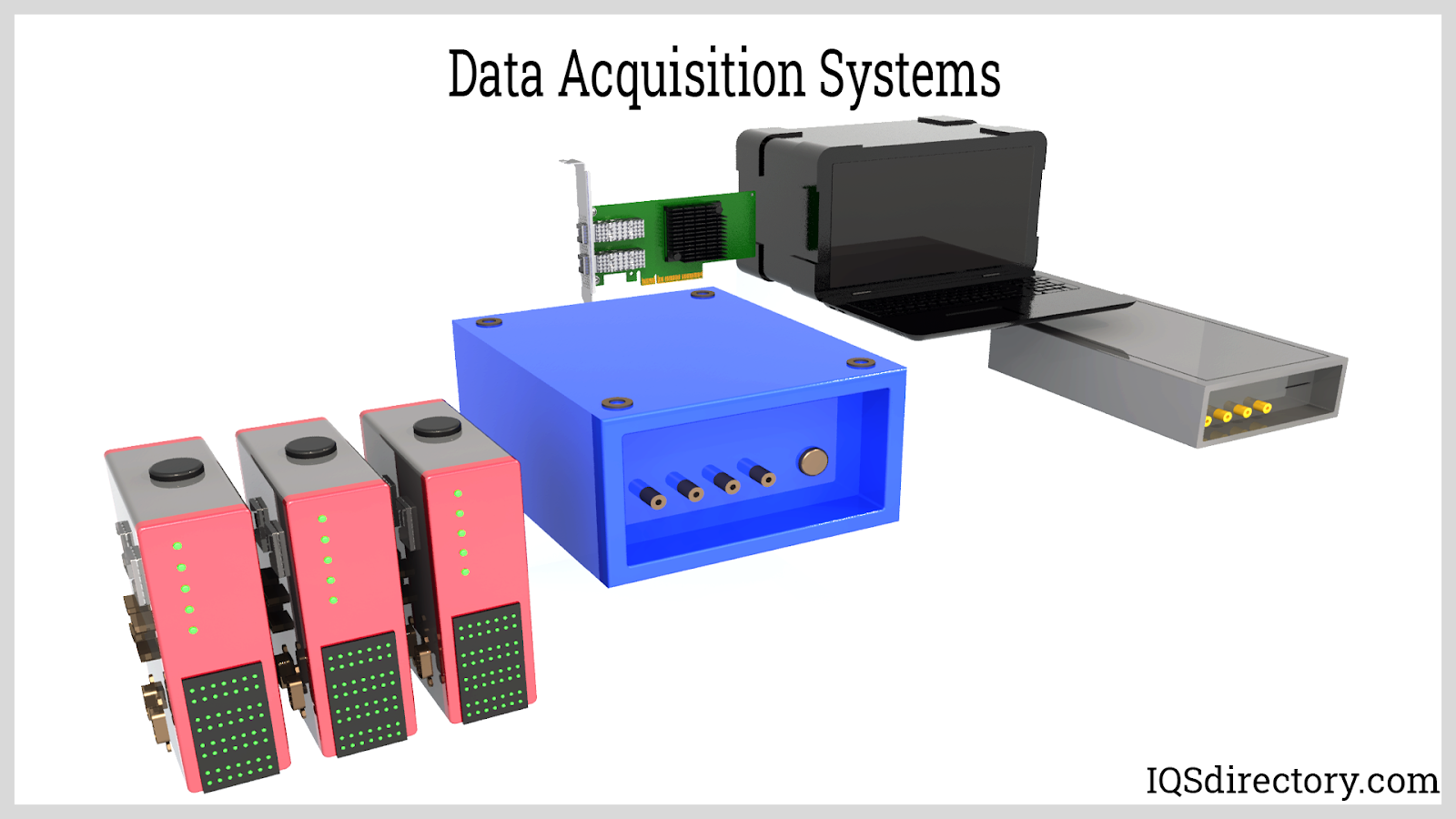
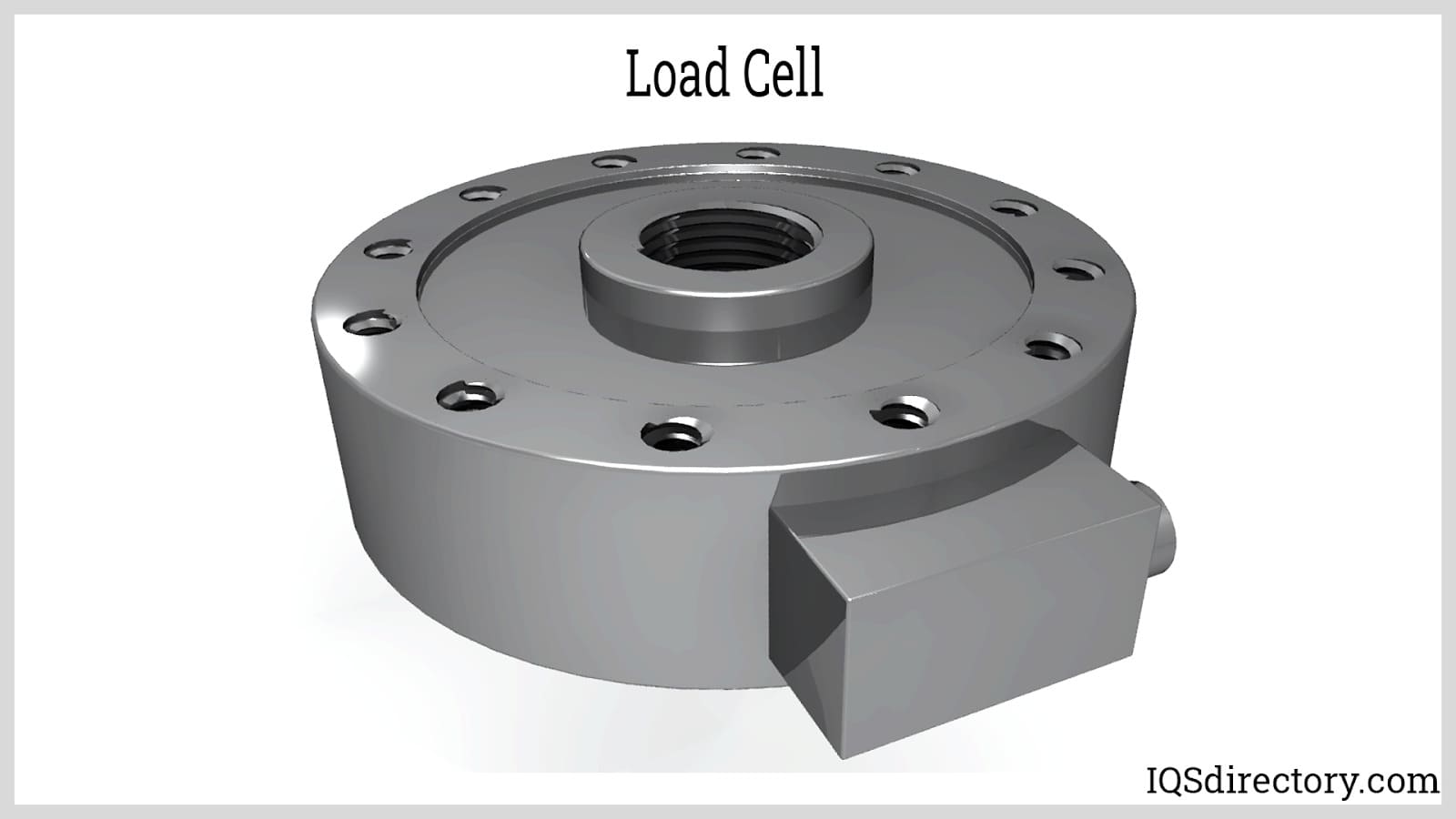
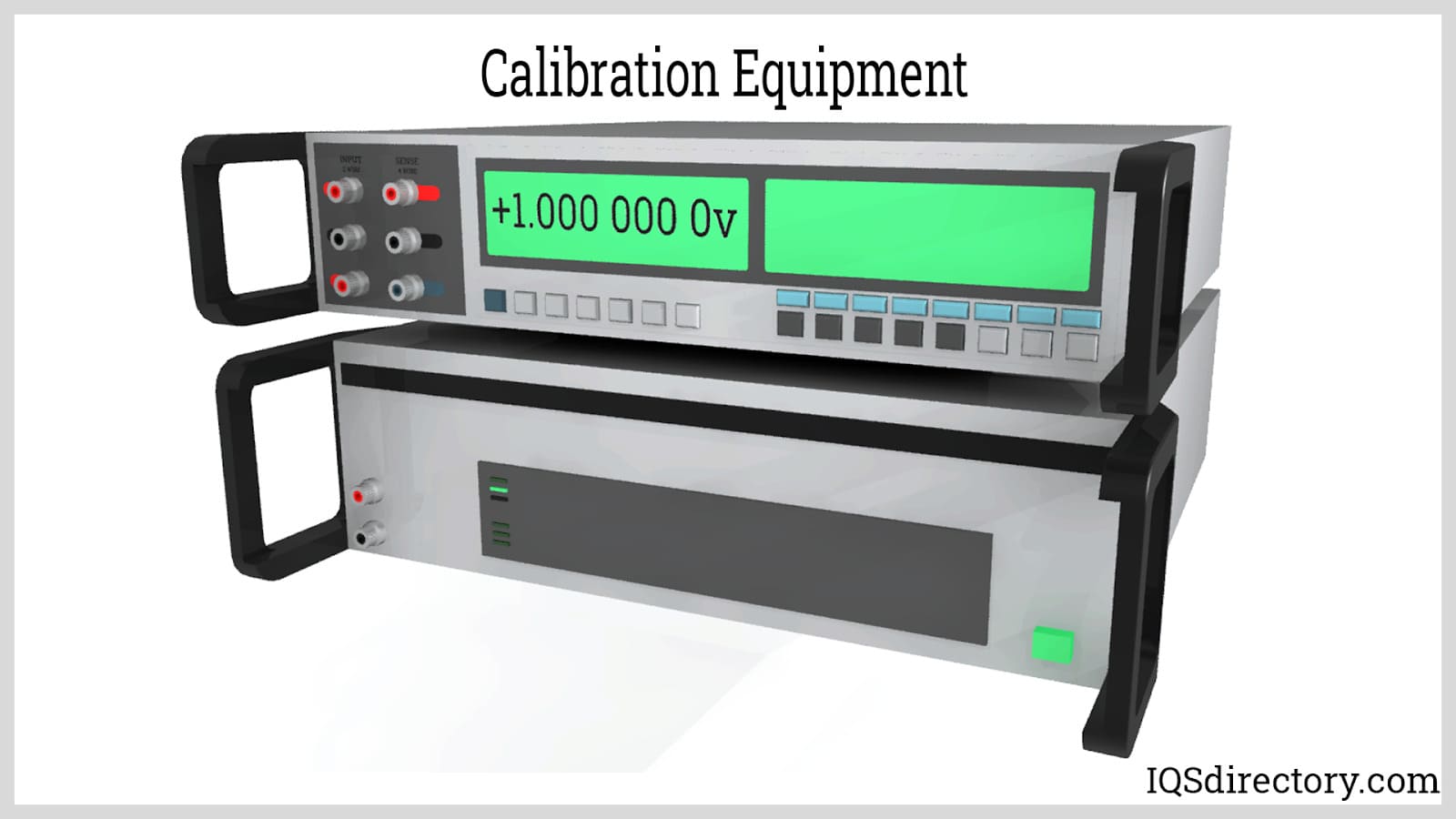
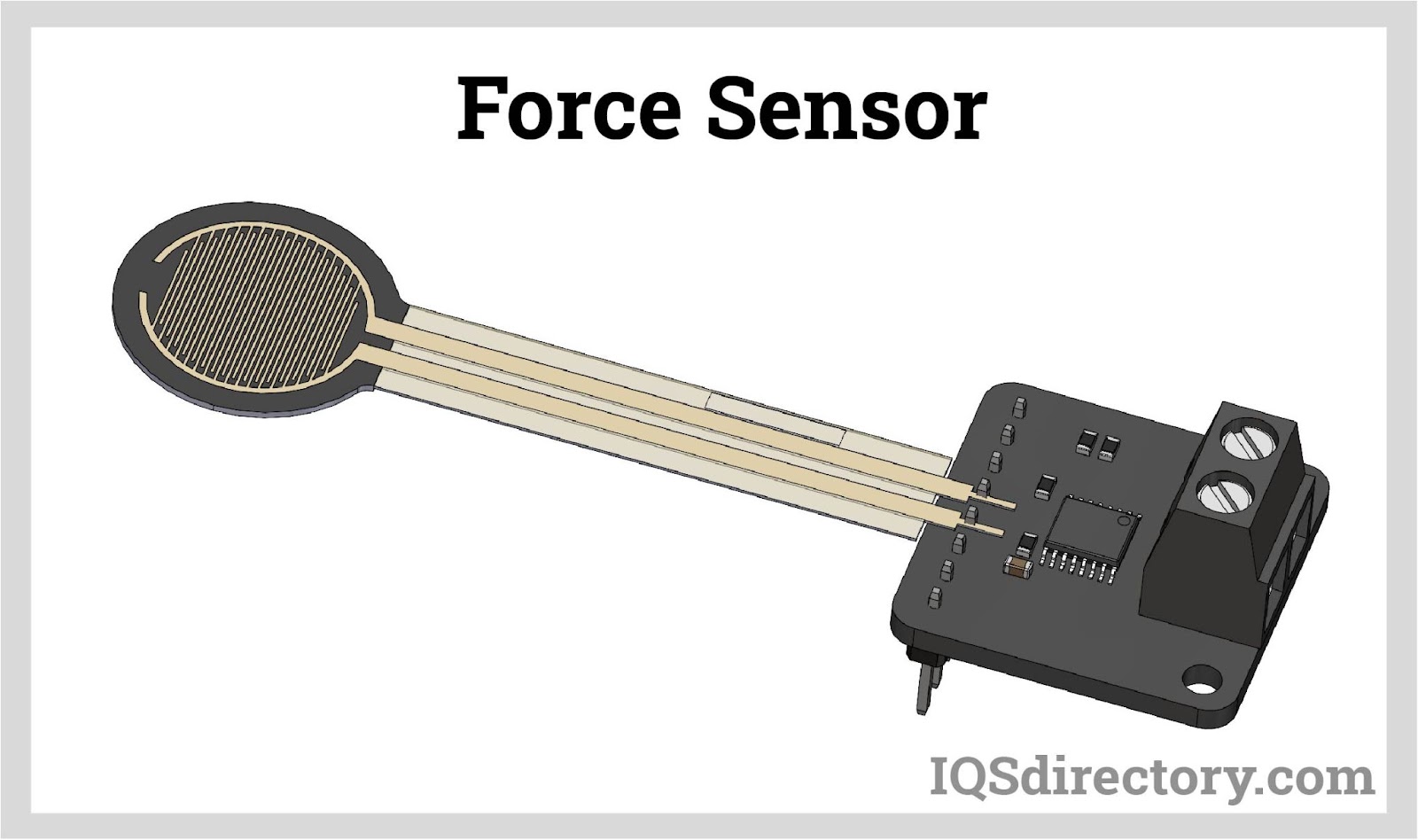
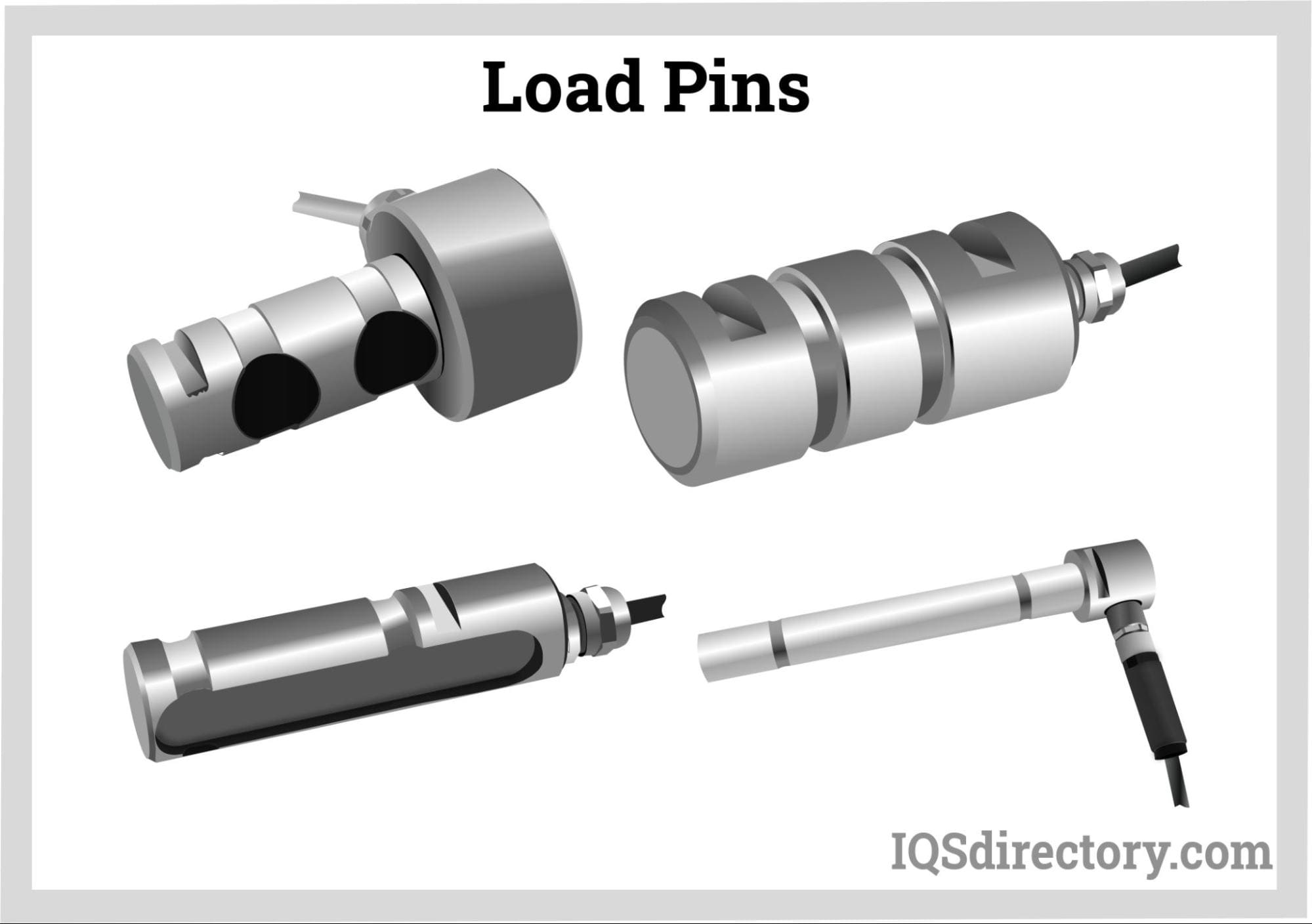
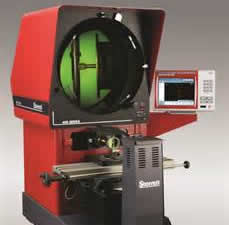 Calibration Services
Calibration Services Clean Rooms
Clean Rooms Data Acquisition Systems
Data Acquisition Systems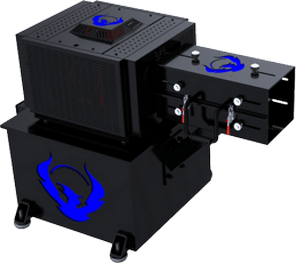 Dynamometers
Dynamometers Environmental Test Chamber
Environmental Test Chamber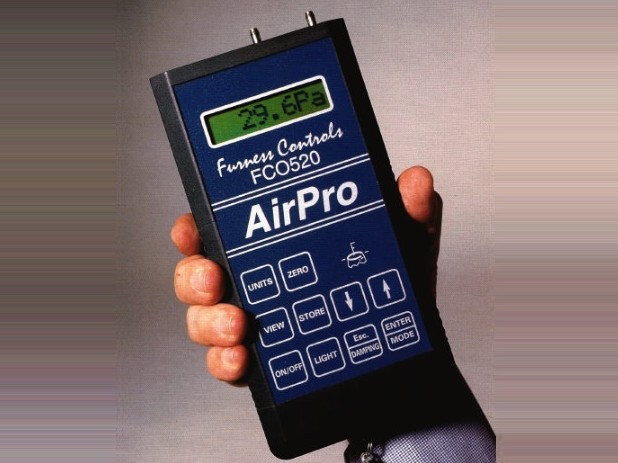 Leak Detectors
Leak Detectors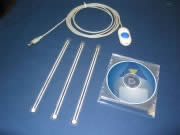 Load Cells
Load Cells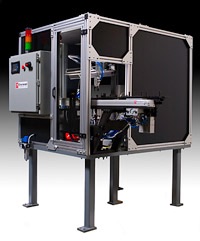 Machine Vision Systems
Machine Vision Systems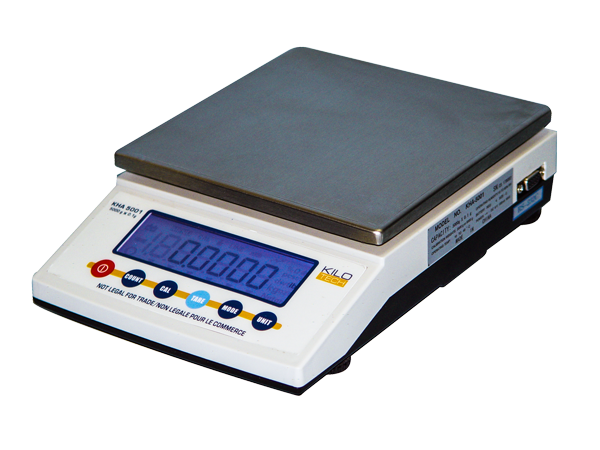 Scales
Scales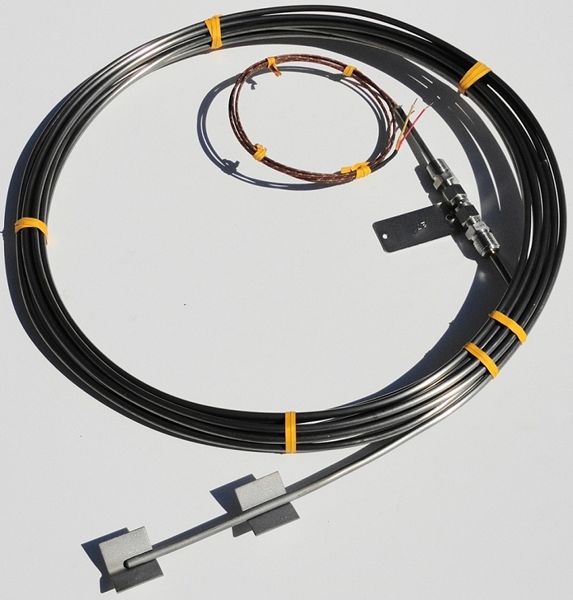 Thermocouples
Thermocouples Castings & Forgings
Castings & Forgings Bulk Material Handling
Bulk Material Handling Electrical & Electronic Components
Electrical & Electronic Components Flow Instrumentation
Flow Instrumentation Hardware
Hardware Material Handling Equipment
Material Handling Equipment Metal Cutting Services
Metal Cutting Services Metal Forming Services
Metal Forming Services Metal Suppliers
Metal Suppliers Motion Control Products
Motion Control Products Plant & Facility Equipment
Plant & Facility Equipment Plant & Facility Supplies
Plant & Facility Supplies Plastic Molding Processes
Plastic Molding Processes Pumps & Valves
Pumps & Valves Recycling Equipment
Recycling Equipment Rubber Products & Services
Rubber Products & Services